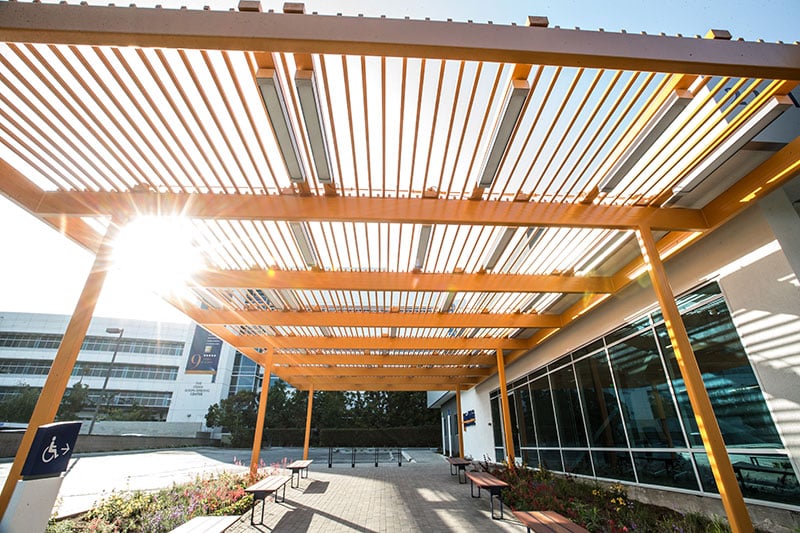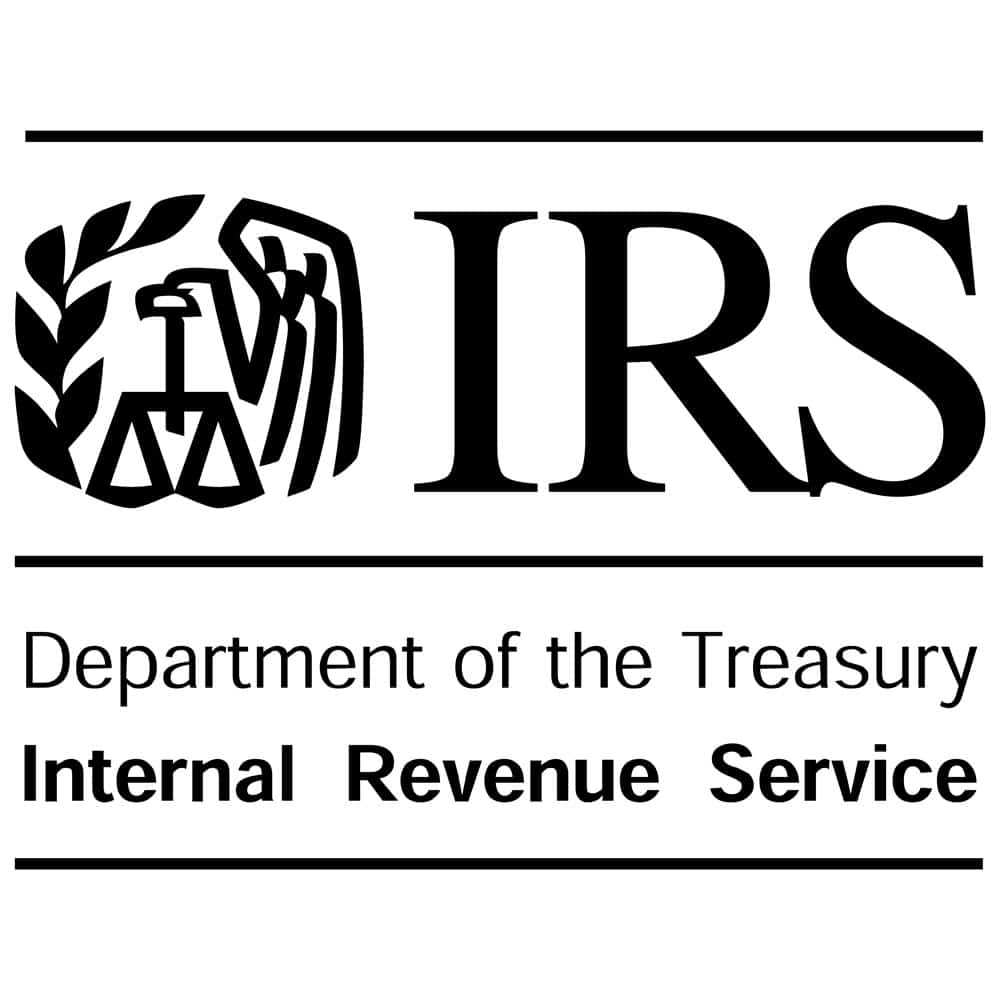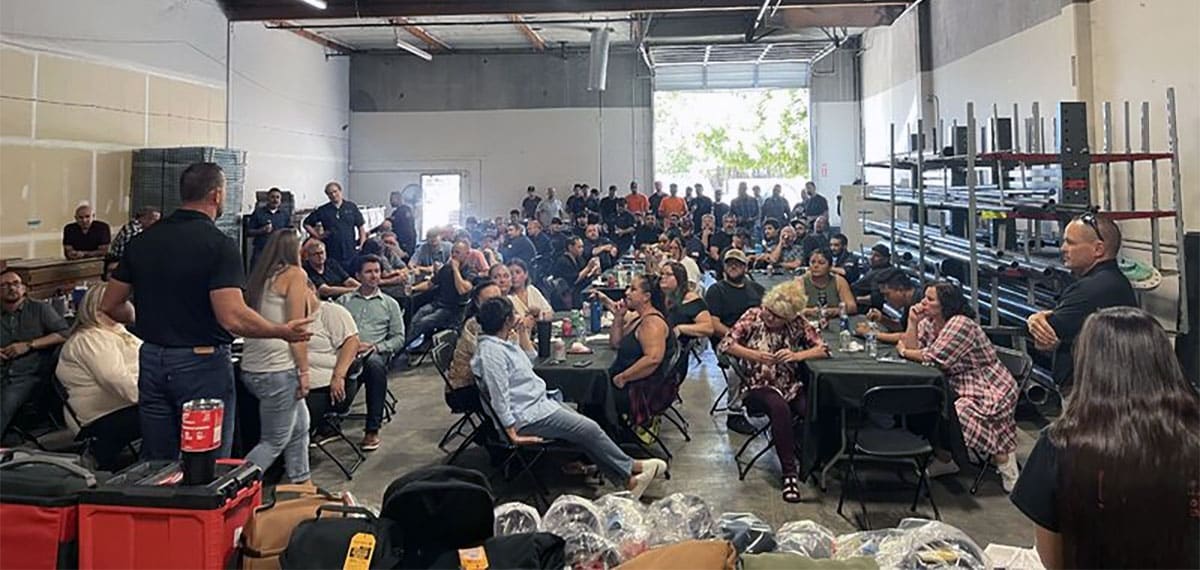The ESOP – Employee Stock Ownership Plan – is, slowly, on the rise. These worker-owned businesses are more productive and could benefit the American economy.
Shoppers eye goods at the bakery of King Arthur Flour Co. in Norwich, Vt. The employee-owned firm was able to expand from its niche to deliver a broad product line.
Norwich, Vt.
A decade ago, John Schock of Pasadena, Md., reached his mid-50s and a crossroads. He could fund his retirement by selling off his financial-services firm to another company. But he wanted to assure the future of FMS, the firm he’d founded in 1974.
“If there isn’t a solid succession plan for key management and staff, then a company can fail after the founder leaves,” Mr. Schock says.
So he took the unconventional route: He sold FMS to his workers, all 35 of them, by creating a tax-advantaged Employee Stock Ownership Plan. They got 30 percent of the company in 2000 and the rest last year. “We picked the ESOP option because over time it does create more of an entrepreneurial environment than the employer-employee environment,” says Schock, who remains the CEO.
It’s a pattern that could ripple throughout the economy as baby boomer business owners near retirement. Since 1975, the number of employee-owned companies in the United States has grown from 1,600 to more than 11,000; they now represent about 12 percent of the private-sector workforce. Some proponents think they’ll grow even more this decade.
“I predict significant growth in the number of ESOPs in the next five to 10 years” as retiring business owners learn about the benefits, says Corey Rosen, executive director of the National Center for Employee Ownership (NCEO), a nonprofit group based in Oakland, Calif.
One of the hallmarks of employee-owned companies is profitability. Even in 2009, one of the most difficult years for businesses since the 1930s, 66 percent of ESOPs either grew or stayed the same, according to an NCEO survey of 200 firms.
Aqua Hotels and Resorts, a hotel management company in Hawaii, added five new properties this year, despite a 20 percent downturn in the Hawaiian tourist industry. Barclay Products, a Gurnee, Ill., manufacturer of bathroom fixtures, has bought three other companies since its ownership was transferred to employees 12 years ago. Davey Tree, a national tree service based in Kent, Ohio, became 100 percent employee-owned in 1979 and went from $60 million in annual revenues to $550 million in 2009, as it acquired several other companies.
Power of owner-workers
The ESOP firms’ secret? Motivated employee-owners with a stake in the business.
Click here to read the full article from the Christian Science Monitor…






